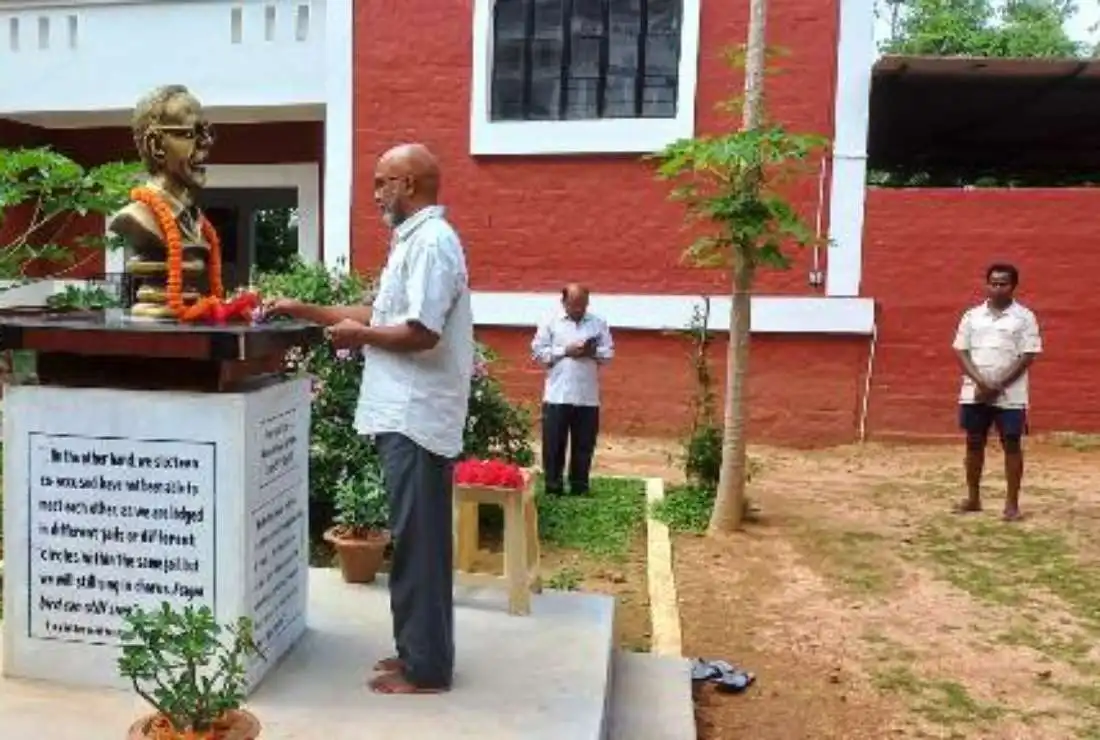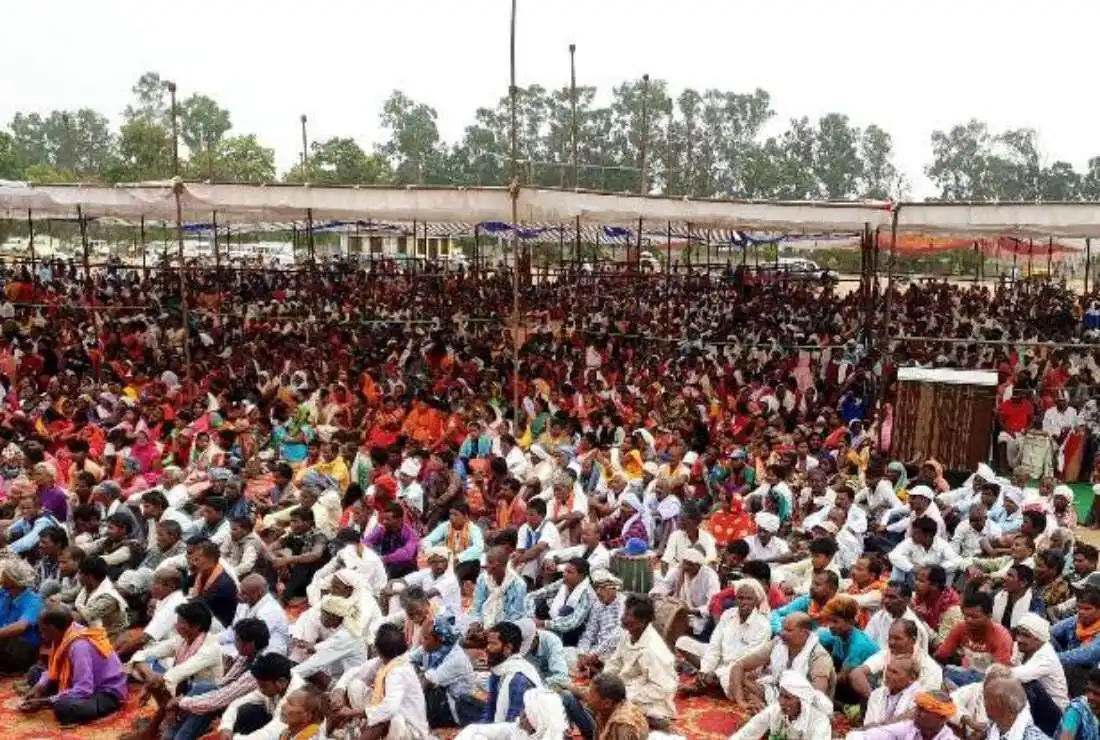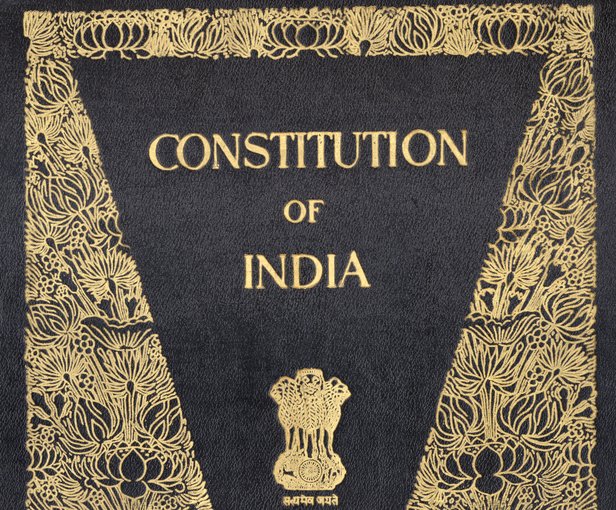India’s gov’t claims there is no rising persecution of Christians documented attacks
Around 200 attacks on Christians were reported within the first five months of this year in India, but the country’s government claimed before the Supreme Court that persecution of Christians was based on “half-baked and self-serving facts and self-serving articles and reports…based upon mere conjecture.” “There appears to be some hidden oblique agenda in filing such deceptive petitions, creating unrest throughout the country and perhaps for getting assistance from outside the country to meddle with internal affairs of our nation,” India’s federal interior ministry said in its response to a petition filed by Christian groups demanding an investigation into rising attacks on Christians and requesting police protection for places of worship, the Hindustan Times reported. Submitting the federal government’s response, India’s Solicitor General, Tushar Mehta, told Justices Dhananjaya Y. Chandrachud and A.S. Bopanna that it was only a “preliminary note.” Senior Advocate Colin Gonsalves, who said there were about 500 attacks on Christians across the country in 2021 alone, is preparing a response to the claim of the government led by the Hindu nationalist Bharatiya Janata Party of Prime Minister Narendra Modi. The government claimed, “In some cases, incidents of purely criminal nature and arising out of personal issues, have been categorized as violence
Top Global Scholars Urge SC to Review Recent Orders Harming ‘Human Rights in India’
Among scholars of note who have written to the apex court in the light of the Zakia Jafri judgment are Noam Chomsky, Martha Nussbaum, Wendy Brown and Sheldon Pollock. Top Global Scholars Urge SC to Review Recent Orders Harming 'Human Rights in India' A view of the Supreme Court building Photo: Reuters New Delhi: Top international scholars have written a statement expressing that they are deeply disturbed by some recent judgments of the Supreme Court which they believe have had a “direct bearing on the future of civil liberties and human rights in India.” The signatories draw attention to the apex court’s judgment in a plea by Zakia Jafri, the wife of slain MP Ehsan Jafri, challenging a Special Investigation Team’s clean chit to 64 people, including then chief minister Narendra Modi, in the 2002 Gujarat riots case. The statement is signed by: Bhiku Parekh, House of Lords, London, UK. Noam Chomsky, Professor emeritus, Massachusetts Institute of Technology; and Professor, University of Arizona, USA. Arjun Appadurai, Professor, Max Planck Institute, Germany. Wendy Brown, Professor, Institute of Advanced Studies, Princeton, USA Sheldon Pollock, Professor Emeritus, Columbia University, USA. Carol Rovane, Professor, Columbia University, USA. Charles Taylor, Professor Emeritus, McGill University, Canada. Martha Nussbaum, Professor, University of
In Godhra, Bilkis Bano convicts felicitated by RSS member soon after their release
One of the convicts spoke to Scroll.in and claimed he was innocent. He also claimed he had come home straight from prison, a fact belied by photos of the event. In Godhra, Bilkis Bano convicts felicitated by RSS member soon after their release Eleven men convicted in the Bilkis Bano gangrape case walked out free on August 15. They were felicitated at the Deen Dayal Upadhyay Trust auditorium by a member of the RSS. | Sitting in his family-run grocery store on Tuesday, flanked by a host of relatives, 47-year-old Radhshyam Shah kept referring to himself as the “accused”. When it was pointed out to him that he had, in fact, been convicted of gangrape – a verdict upheld by the Supreme Court – his response was matter-of-fact: “Yes, the court did say that.” “But,” he was quick to add, “we are innocent.” In 2008, Shah and 11 other men from Randhikpur in Gujarat’s Dahod district were sentenced to life imprisonment for raping a young pregnant woman from their village, Bilkis Yakub Rasul Patel, more commonly known as Bilkis Bano, and for murdering 14 of her relatives during the 2002 communal violence in Gujarat. Those killed included a day-old infant and Bano’s three-year-old daughter. The
Indian govt denies persecution of Christians
Seeks dismissal of a petition for urgent intervention of Supreme Court to end attacks on Christians and their institutions India’s federal government has sought dismissal of a petition that sought to end the persecution of Christians, saying there could be a “hidden oblique agenda” behind it. In its affidavit submitted to the Supreme Court on Aug. 16, the government said there seemed to be an agenda behind filing “such deceptive petitions.” The government alleged that such petitions were meant to “create unrest throughout the country and perhaps for getting assistance from outside the country to meddle with internal affairs of our nation.” The Public Interest Litigation (PIL) filed by Archbishop Peter Machado of Bangalore, the National Solidarity Forum and the Evangelical Fellowship of India, said that an average of 45 to 50 violent attacks against Christian institutions and priests were reported every month. A record 57 attacks were recorded in May, the petition said and sought urgent intervention from the top court. Solicitor-General Tushar Mehta, who appeared for the federal government, told the court that such “half-baked and self-serving facts and self-serving articles and reports culminating into a petition — based upon mere conjectures — clearly appear to be for an oblique purpose.” Describing the petition as
Religious minorities ‘on a precipice’ as violent persecution spirals across India
The situation facing Christians and other religious minorities in India is ‘unprecedentedly grave’, says an Open Doors spokesperson. Across India, people are celebrating the 75th anniversary of Indian Independence. Christians and other religious minorities will be joining in the celebrations – but also recognising that they face discrimination that is ‘unprecedentedly grave’, in the words of Heena Singh*, Open Doors spokesperson on India. “The gravity of the situation, for Christians and Muslims especially, is at its peak,” says Heena. “Every day we receive new prayer requests from friends, for another Christian family attacked, or a pastor arrested on false accusation.” Hostility against Christians is getting worse There is a very large number of Christians in India – almost 69 million, according to Open Doors research – but this is only about five per cent of the country’s population. Christians and other religious minorities have long experienced some hostility, but attitudes are hardening and persecution is worsening as the influence of Hindutva increases. "Now it is often entire communities attacking and expelling converts." HEENA, OPEN DOORS “It is no longer small extremist groups attacking converts, now it is often entire communities attacking and expelling them, beating them or handing them over to the police on false accusations,” says
India at 75: Championing democracy abroad, hollowing it out at home
Western allies are likely to ignore the country’s transition into an ethnocracy given its role in balancing China. India’s democracy faces a crisis unprecedented in its 75-year-old history. An ethnocratic imagination undermines the inclusive Indian nationalism that imbued its founding movement and that aims to consolidate its Hindu majority as the dominant ethnos. Not only do religious minorities find themselves identified as internal enemies, but members of the historically oppressed Bahujan communities who do not conform to the image of a good Hindu are sought to be marginalised. In recent years, the list of internal enemies has come to include liberals and leftists, activists who have raised issues of the environment and human rights, and anyone else perceived to be “anti-national”. Dissent is muzzled, increasingly through official edicts. Old controversies over temples and mosques are reignited, as in Mathura and Varanasi over the last few months, where claims that mosques were built upon the demolition of temples have resurfaced. Local compromises negotiated by Hindus and Muslims over centuries are challenged, and new religious flashpoints threaten to rent asunder the social fabric knitted together by India’s diverse communities. India shares its democratic degradation with many other countries across the world. This process has been variously described as
Maharashtra: Four Christian missionaries arrested in Dahanu for attempting to forcibly convert tribals
The missionaries told the tribals that they will get relief from their pains if they convert to Christianity. The villagers in the Dahanu area of the Palghar district foiled an attempt of four Christian missionaries to convert the tribals to Christianity by luring them with money. The missionaries told the tribals that they will get relief from their pains if they convert to Christianity. The Dahanu police then arrested the four Christian missionaries on Friday, 5th August 2022. The incident took place in the Sarawli Talawpada village of the Dahanu taluka of the Palghar district on Friday afternoon when four Christian missionaries entered the house of an old tribal woman spotting her alone at her home. They lured her with money to convert to Christianity. The missionaries asked her to stop practicing her faith and accept Christianity so that she would get relief from her ailments. According to a report by Loksatta, they offered her money and tried to force her into religious conversion. As the local villagers and the members of Hindu organizations came to know that the missionaries have come to the village, they quickly gathered in large numbers and took those missionaries and the old woman to the local police
Indian Christians, civil society mark death of jailed Jesuit priest
Jesuit Father Stand Swami was remembered on his first death anniversary for his lifelong struggle and tragic death, for a just world Indian Christians along with civil society observed the first death anniversary of Father Stan Swamy, a Jesuit priest and tribal rights activist who died in custody, on July 5, 2021. Swamy was arrested in the highly controversial Elgar Parishad case and suffered from serious health complications while in custody. He was denied bail repeatedly and died while in custody for which his co-prisoners and lawyers blamed the state for not allowing adequate medical help to reach him on time. A year later, protesting against alleged state apathy and lack of accountability, 11 of his co-prisoners observed a day-long fast on the anniversary of Father Stan’s passing. In Ranchi, the capital of eastern Jharkhand state, which the Jesuit priest called home for over three decades, a rally was held at Albert chowk in the heart of the city. A Hindi book, Jharkhand ki Awaz: Stan Swamy (Jharkhand’s voice: Stan Swamy), highlighting his pioneering work among tribal people, Dalits and other voiceless peoples was launched on the occasion. In the national capital Delhi, a memorial lecture was organized by the Federation of Associations of the Catholic
Indian tribal Christians counter moves to deny them welfare benefits
Hindu nationalists in Chhattisgarh want those converted to Christianity removed from beneficiary list Tribal Christians in Ambikapur Diocese protest against the campaign by Hindu nationalists to remove them as beneficiaries of government welfare schemes in Chhattisgarh, India, on June 12 Tribal people including Christians in the central Indian state of Chhattisgarh are up in arms about attempts by Hindu nationalist forces to rob them of reservation benefits. Reservations form a system of affirmative action in India that provides representation in education, employment and politics for historically disadvantaged groups such as tribal people, Dalits and backward castes. Tribal people in Chhattisgarh are alarmed by Janjati Suraksha Manch (JSM) or tribal protection forum, which is affiliated with the Hindu nationalist Rashtriya Swayamsevak Sangh (RSS), undertaking a concerted campaign to remove tribal Christians and Muslims from the list of reservation beneficiaries. Demands to delist Christians and Muslims have been raised for the past 15 years or so but Hindu nationalists started holding rallies in support of the move for the first time in May. “The demand and the public rallies in support of it are motivated by political gains,” Bishop Emmanuel Kerketta of Jashpur told UCA News on June 15. There is currently no religious bar to tribal people being
Serious Threat to Secularism and Democracy in India
A Timely Warning by Over 100 Very Senior Ex-Bureaucrats On 26 April over 100 former senior civil servants of India belonging to the Constitutional Conduct Group sent a letter to the Prime Minister drawing attention to the shocking increase in communal violence and government response to this. What is stated in this letter is so important that this should be taken to be a very timely warning to protect the country and its constitution by deeply concerned, extremely sincere and highly well-informed persons. While all the nearly 108 signatories earlier held very senior positions in the government, what further increases the importance of this letter is that the signatories include those officials (retired) who held very senior positions in the security establishment. The signatories include, for example, such names as Shivshankar Menon, former National Security Adviser; G.K.Pillai, former Home Secretary, Government of India and Shyam Saran, former Chairman, National Security Advisory Board. When some important events take place, we need very senior and experienced persons with inside knowledge of systems to provide us a proper understanding of these events and what is unfolding. In the present context we could not have asked for a more experienced and better qualified group than this Constitutional








